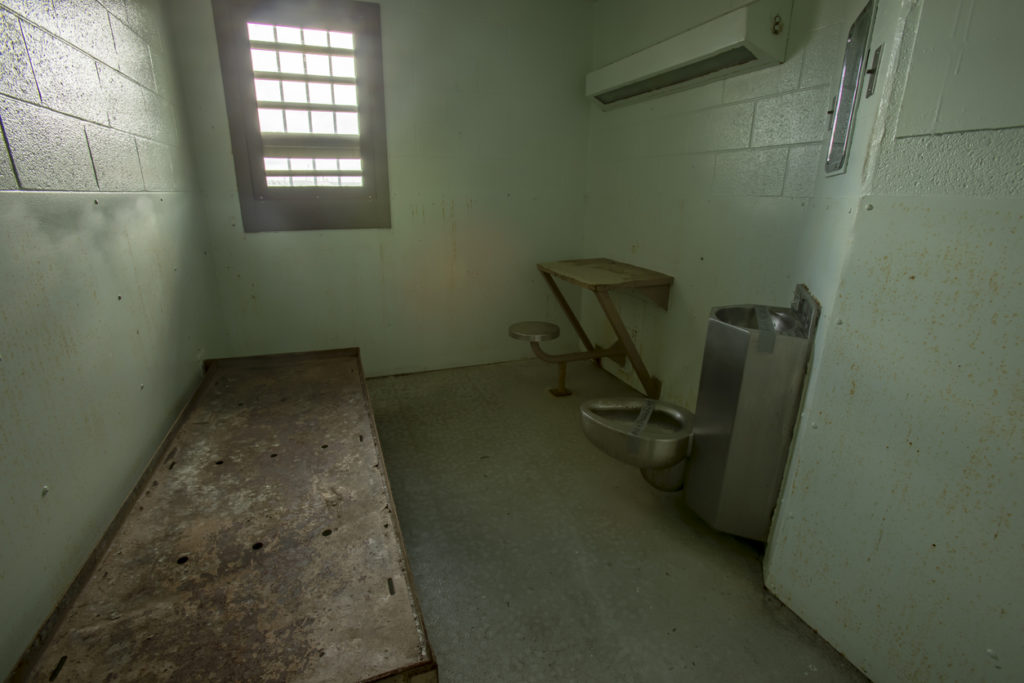
Category: Medical Care
A 36-Yr-Old Dies in the Municipal Jail in Progreso, Texas – 2
A 45-Yr-Old Woman Dies in Custody of Travis County Jail – 3
Are Texas Jail Deaths Resulting from Septic Shock Preventable?-Pt4
Marvin Charles Jimerson, Jr. Dies After Incarceration in Orange County, Texas Jail

The Orange County Sheriff’s Department, in Orange, Texas, filed a report regarding the custodial death of Marvin Charles Jimerson, Jr. Mr. Jimerson was only 57 years old at the time of his death. We provide information we obtained from that report, and we make no allegation of any wrongdoing against anyone.
The summary portion of the report reads in its entirety:
“On May 15, 2023 Marvin Jimerson, an inmate of the Orange County Correctional Facility was sent by ambulance to Baptist Hospital of Southeast Texas in Beaumont, TX for hypotension, shortness of breath, and abdominal swelling. On May 16, 2023 Mr. Jimerson succumbed to his illness while receiving treatment in the ICU at Baptist Hospital. Events leading up to his hospitalization are as follows: Mr. Jimerson was sent for an ultrasound and CT scan of his abdomen on 05/10/2023 ordered by jail physicians after receiving and reviewing lab work results that indicated a positive Hepatitis C diagnosis. At this time, Mr. Jimerson was experiencing gastrointestinal symptoms and had previously been referred to a gastroenterologist by jail physicians and was waiting on his upcoming appointment date. He was assessed by the jail physician, Dr. Gordon, after the ultrasound while awaiting the CT scan. After reviewing the results of both tests, Dr. Gordon ordered a referral for oncology due to imaging showing a mass in Mr. Jimerson’s liver. At this time, the process of referral began. Mr. Jimerson was housed in medical isolation for closer observation at this time. There were no remarkable changes throughout the end of the week and the weekend. At approximately 11:20 AM on May 15, Mr. Jimerson began to complain of shortness of breath. He was assessed by the nurse on duty and vital signs were obtained. It was at this time the decision was made to transport Mr. Jimerson via ambulance to the emergency room for further evaluation by an emergency physician and staff. After arriving to the ER, Mr. Jimerson received emergency dialysis treatment, was intubated, and moved into the ICU. The following morning, after receiving a blood transfusion while still in the ICU, Mr. Jimerson went into cardiac arrest twice and was resuscitated by hospital medical staff both times. After the second cardiac arrest the decision was made by two ICU attending physicians that if it were to happen a third time Mr. Jimerson would not be resuscitated. Mr. Jimerson went into cardiac arrest a third time shortly after this decision was made and it was at this time he succumbed to his illness and was declared deceased by the physician.”
Texas jails are required to provide medical care to arrestees. When they fail to do so, and the failure is due to a policy, practice, and/or custom of a county, or the deliberate indifference and/or unreasonableness of jailers and/or medical personnel, and a detainee dies as a result, then certain family members may be able to bring a federal constitutional rights lawsuit.



